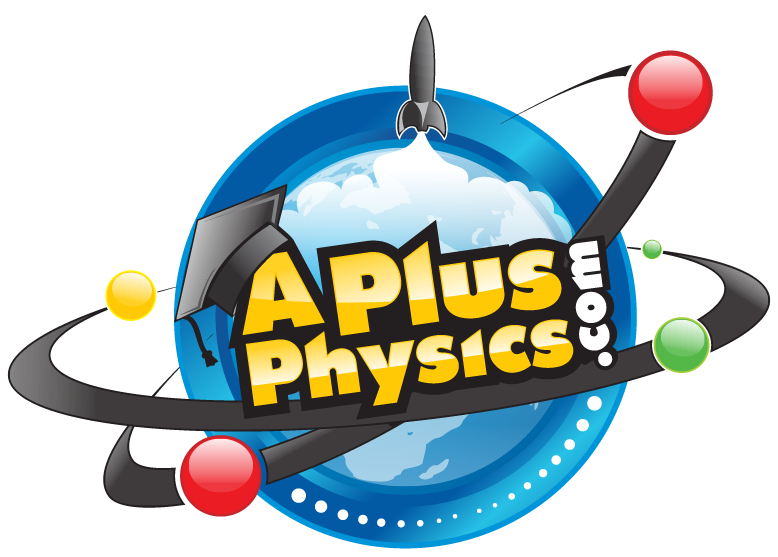
-
entries
0 -
comments
0 -
views
235
About this blog
We know technology is emerging as a greater medium for ease and convenience with the ever-changing time. Technology like speech synthesis is searching for a way to be the mainstream as more text-to-speech applications are emerging in the digital world. The journey of speech synthesis technology has been nothing short of a rollercoaster ride. Speech synthesis is frequently used in different ways by multiple companies in multiple industries. The quality of speech synthesis systems is also determined by the quality of the recording methodology, including analog or digital, equipped with the playing of the automated speech in mp3 format.
What is Speech Synthesis?
Speech synthesis is the term used for the computer-generated simulation of human speech. It's utilized in mobile apps like voice-enabled e-mail and unified messaging that automatically converts textual data into audio mp3 data to make your task easier and convenient.
What are the ways Speech Synthesis can be used?
Speech synthesis has a wide range of uses. From low-quality talking calculators to advanced 3D applications like talking heads. The technique of implementation is mostly determined by the application being used. Unrestricted vocabulary is not required in some applications, such as announcement or warning systems, and the optimum results are usually accomplished with a basic messaging system. Some funds could be saved with proper implementation. On the other hand, some applications, such as blind reading machines or e-mail readers, have a limitless vocabulary, necessitating the use of speech synthesis. The Speech synthesis application sector is rapidly expanding, and the quality of TTS systems is continually improving. Speech synthesis systems are also becoming more accessible to the general public, making them more appropriate for everyday use. Better accessibility to TTS systems, for example, people with communication challenges may have more job opportunities if TTS systems are widely used.
· Application for Specially Abled: Speech synthesis proved to be fruitful for those with physical disabilities that face difficulty in seeing or having dyslexia or weak eyesight problems. The main advantage of speech synthesis is to overcome such challenges, providing the speed and fluidity of human discourse. Visually challenged people can now utilize computers with the help of speech synthesis. The primary goal of speech synthesis is to vocalize the written text to those who are unable to read.
· Educational Applications: Speech synthesis can also be employed in a variety of educational settings. A computer with a speech synthesis can educate 24x7x365. It may be configured to perform specific activities such as teaching spelling and pronunciation in a variety of languages. It's also compatible with interactive educational software. Speech synthesis may be particularly useful for persons who have difficulty reading (dyslexics), because some children, in particular, may feel humiliated or embarrassed when asking for help from a teacher. A speech synthesis that is linked to a word processor can also help with proofreading. When hearing, many people find it easier to spot grammatical and stylistic errors than when reading.
· Applications for Telecommunications and Multimedia: Multimedia applications are the most recent developments in speech synthesis. For decades, speech synthesis has been utilized in a variety of telephone inquiry systems, but the quality has been poor for ordinary customers. Today, the quality has improved to the point that ordinary customers are using it on a daily basis. In recent years, electronic mail has become quite common. However, when traveling abroad, it is often impossible to read those E-mail messages. It's possible that there isn't a suitable machine-accessible, or that there are security issues. E-mail communications can be listened to over the phone using speech synthesis. Short text messages can also be spoken out using a synthesized voice.
· Other Applications and Future Directions: Speech synthesis is applicable to a wide range of human-machine interactions. Speech synthesis, for example, could be utilized in warning and alarm systems to provide more precise information about the present condition. Using voice instead of warning lights or buzzers allows you to reach the warning signal from a separate room. Communication aids have evolved over the previous few decades, from talking calculators to sophisticated three-dimensional audiovisual apps. Speech synthesis application sector is expanding all the time, which means more money is flowing into research and development.
Is Speechmax based on Speech Synthesis?
Now, if we look at the emerging and evolving trend of Speech synthesis, we can proudly mention India's biggest milestone in bringing the text to speech software like Speechmax.
So the answer is Yes!
Speechmax is an AI-based speech synthesis platform that quickly converts Hindi text into mp3 speech format.
With just three clicks, SpeechMax converts any Hindi text into a 100% human-sounding voiceover. Users can produce realistic male and female voices with human-like expressions and emotions with ultimate ease.
Speechmax is an online text to speech converter that benefits audio/video content creators, developers, digital news/books publishing houses, marketers & advertisers, social media enthusiasts, and customer service providers.
Speechmax also makes it easier for India's rural internet users to create audio and video content in Hindi.
Check here:- text to audio converter | convert text to speech | voices for text to speech | text to speech voice | text to speech online | text to voice converter |text to speech | text to speech online mp3 indian voice
